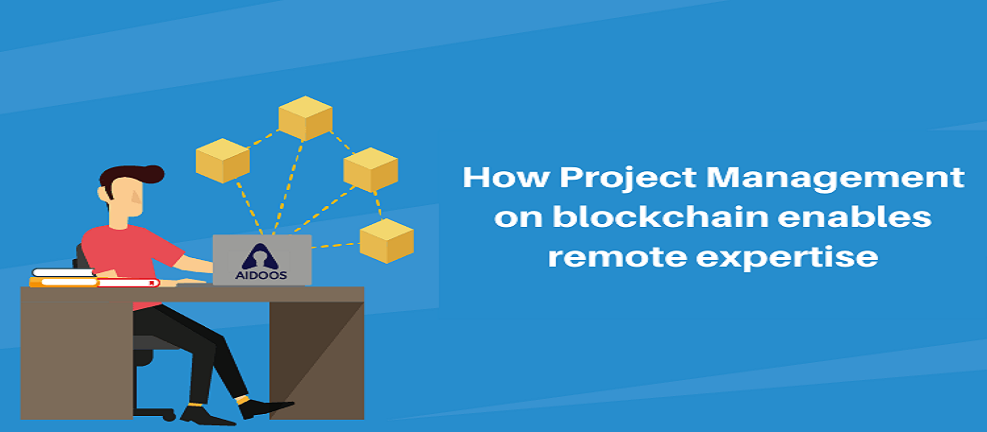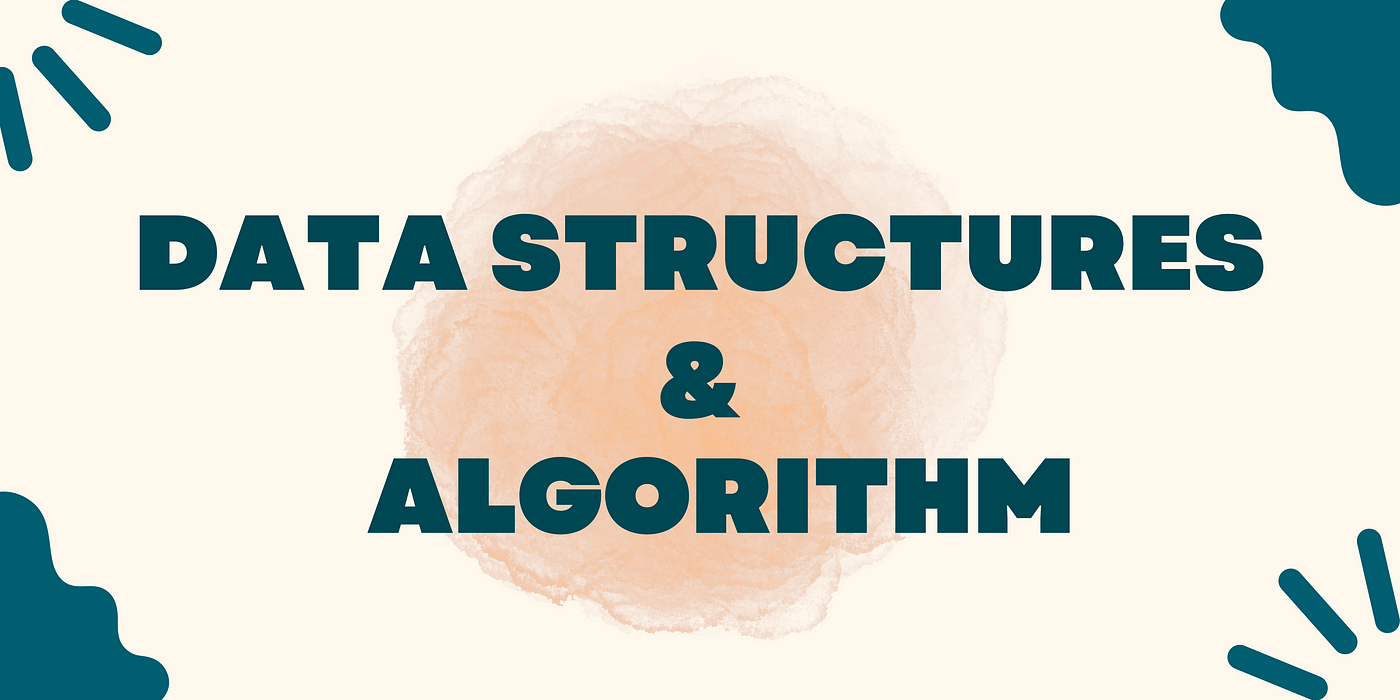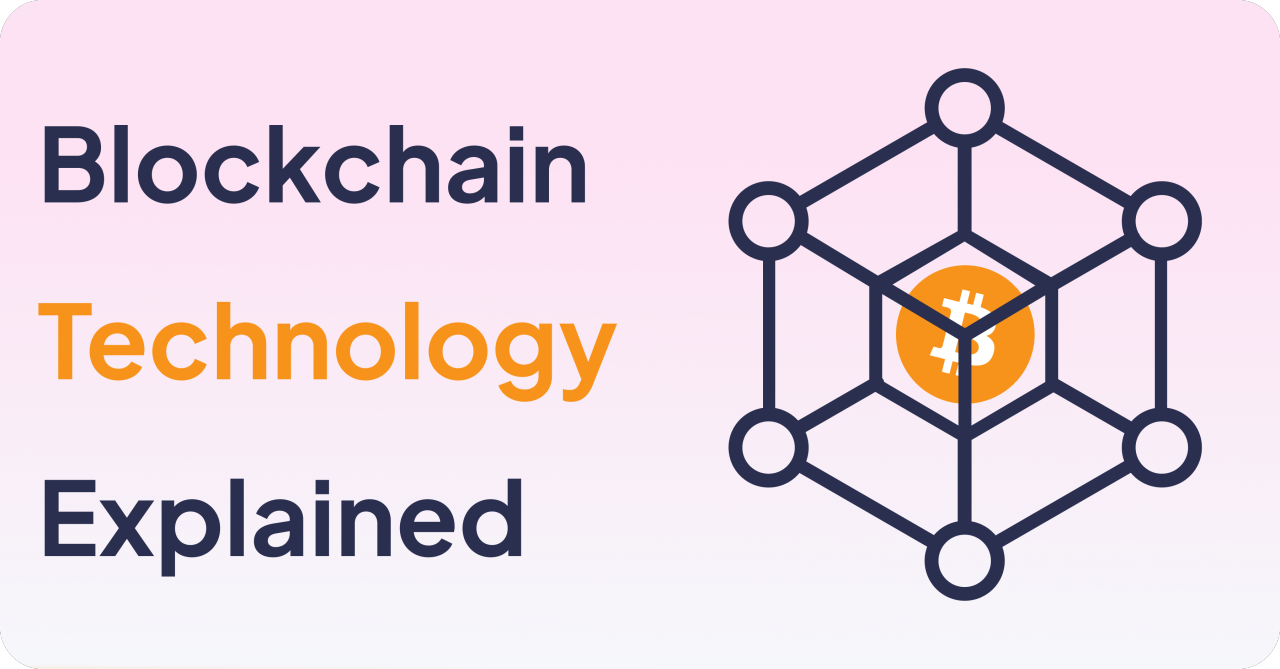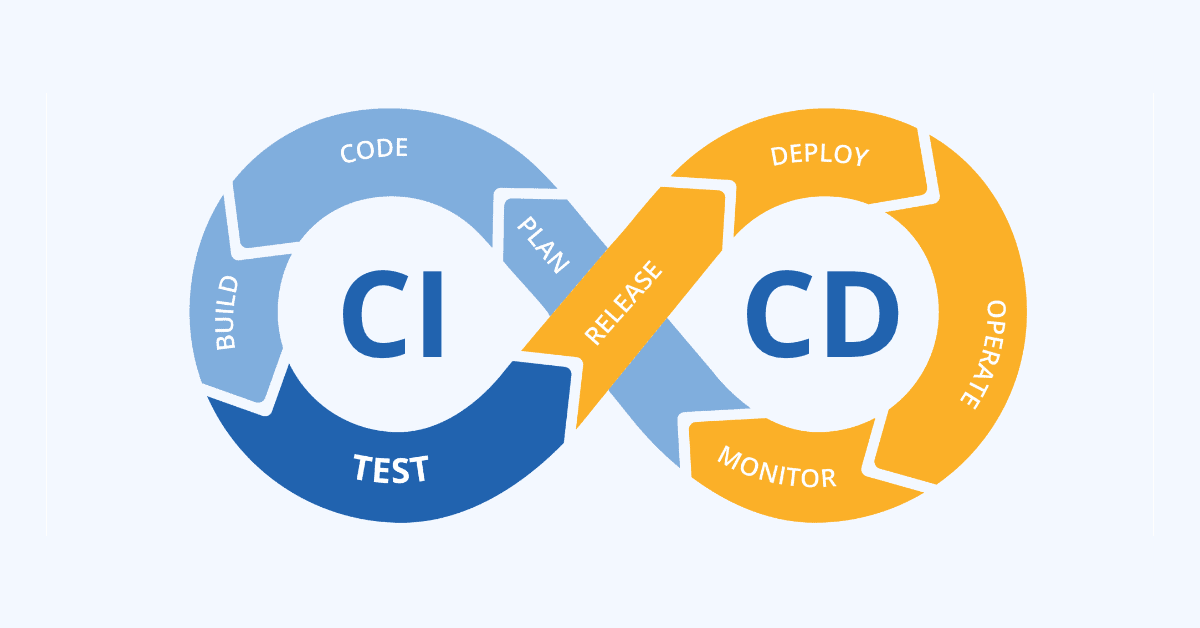Blockchain is a relatively new piece of technology, primarily used to facilitate secure transactions between users. The technology is growing at a rapid rate, and the blockchain industry is on track to be worth well over $20 billion by 2024.
Blockchain has singlehandedly revolutionized a whole industry by enabling secure trading.
The technology ensures that the exchange of cryptocurrencies is decentralized and transparent – which is why it is now considered a standard means of cryptocurrency exchange across the globe.
A vast majority of banks (69% of them!) are experimenting with blockchain technology, and its implementation will save them billions of dollars annually. Even governments have invested hundreds of billions of dollars to study blockchain and its applications in cybersecurity.
However, the billion-dollar technology has enormous potential to disrupt areas of any business as well – project management being one of them. The technology can be used to keep a tamper-free record of exchanges of other kinds of data, not just cryptocurrency.
Reports and information about funds and payments can be shared transparently and be accounted for. It can also be used to keep track of progress on individual tasks. These technology adaptations will expedite project management multi-fold. Analyzing how blockchain is making a difference in industries of all kinds will make its applications in management clearer.
Two critical aspects of Blockchain that make it apt for project management
#1 It’s quick, encrypted, and cost-effective
Blockchain, like the internet, works 24/7 and will keep track of exchanges in real-time. It makes for quick turnaround times and enhances team accountability.
Blockchain technology creates a cohesive environment for people to collaborate and produce great results. It also helps avoid scheduling and budget overruns, which are top reasons for project failure. The exchanges that take place between users are encrypted and cannot be tampered with. Furthermore, blockchain maintains its integrity by keeping all records public (for parties involved) and uniform.
Now, when managing projects, the records cannot be made public. However, the data exchanged will still maintain its integrity within the private network, making it more secure. When the exchanges are fast and safe, it makes for better team commitment, and the roles and responsibilities of members are better defined. With the drastic reduction in chances of an overrun, every project delivers fruitful results.
#2 Smart Contracts
These are, by far, the most useful business-centric feature that blockchain supplies. It's very practical, and every business should get their hands on some. A smart contract is a self-executing contract that does not require human intervention post setup. The contract is defined when users stipulate its terms and conditions and digitally sign it. It executes by itself when the conditions are met.
Smart contracts offer a ton of flexibility and can do a lot to keep the workforce committed and motivated.
Awarding members when they reach milestones is made easy for managers as it can be completely automated. Promotions, new assignments, and bonuses are easy to agree on and solidify regardless of where your employees are located. They can also be used to facilitate automatic payments to contractors, vendors, consultants, and employees alike.
--
Blockchains' decentralized nature is a little unorthodox, but it is perfect for project management since everything is transparent, and it ensures that everyone on the team is on the same page.
It also makes the manager's job more streamlined since they can easily monitor progress. It also wholly rules out any bureaucracy from the work environment and makes the most of the talent available. Blockchain puts businesses in a new and unique position, where top talent from around the world can be a part of projects they're genuinely interested in and care about.
Not just that, the use of blockchain for project management gives businesses access to individuals who specialize in specific skills. Every project has a lot of different aspects, all of which require unique expertise. Having employees with strong backgrounds and loads of expertise in their field on your team ensures that every facet of the project is in the best hands.
Blockchain also allows businesses to connect to niche vendors and expert consultants, which can add a lot of value to a project in a short time. An idea for an app or software can be realized to fruition with blockchain, without having to hire and curate your own team or outsource your development.
It is effortless to connect with SMEs (Subject Matter Experts) from across the globe via blockchain. They have the expertise and a knack for putting out the best products.
This process saves you from a lot of hassle as finding the right people, and making a strong team after filters and interviews can be tedious. Agile project management makes it easy to assign and monitor progress on scheduled tasks as well as scope out and set long term goals.
We at AIDOOS rapidly realize even the most complex of ideas. We are creating blockchain frameworks over cloud infrastructure for all-round project management. Our clients can hire talent, outsource critical operations, manage business reports, and make payments using one single blockchain dashboard.
Blockchain will revolutionize how projects are managed. Remote expertise will drive more demand compared to on-location hiring. The inherent integrity and security that blockchain leverages will make project management completely transparent, highly efficient, and extremely secure.




